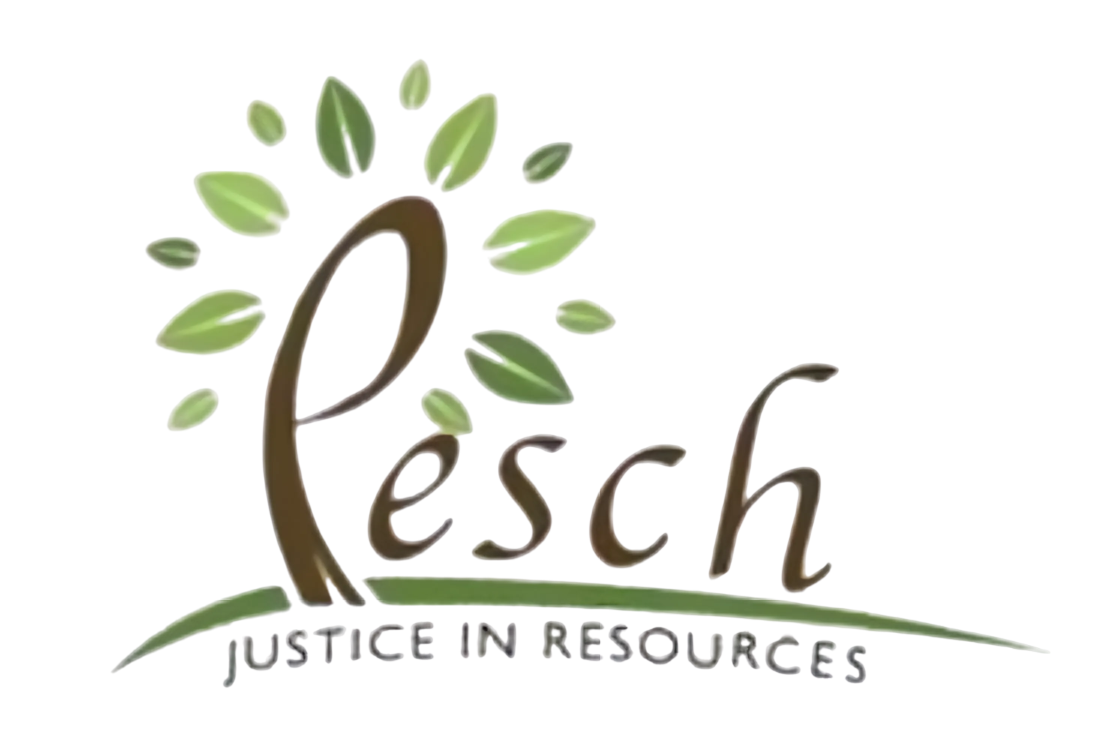Who we are
People’s Endeavour for Social Changes (PESCH) is a grassroots-focused NGO established in 1997 and ISO certified (Certification No. 305024012301Q of 2024), committed to empowering marginalized communities in Northeast India. The organization works with a holistic and participatory approach to development, prioritizing sustainable livelihoods, natural resource management, women’s economic inclusion, value education and community-led institutional strengthening. PESCH’s livelihood initiatives focus on promoting indigenous kitchen gardening and the adoption of Sloping Agricultural Land Technology (SALT), which enhances climate-resilient farming on hilly terrains. To support income diversification, PESCH has established livestock banks that include piggery, goatery, and country chicken farming. The organization also invests in youth and women skill development through value addition of locally available forest fruits and traditional handicrafts, while promoting scientific nursery farming of GI-tagged Tamenglong oranges, Naga King chillies, and other local forest species. Seed banks are being developed to preserve and enhance indigenous crop varieties. In the realm of natural resource management and climate action, PESCH emphasizes regeneration of locally available forest fruits, orchard-based SALT farming systems, and the promotion of agro ecotourism. It undertakes extensive tree plantation drives in community reserved forests and promotes community stewardship over forests and local resources to restore and protect biodiversity and ecosystem health. By revitalizing the cultural heritage and economic potential of villages like Sibilong and Nungkao, PESCH envisions a future where marginalized communities can reclaim their dignity, self-reliance, and rightful place in a just and inclusive society. The organization also works to strengthen value-based education by supporting the revival of local primary education systems, organizing capacity building for Anganwadi and ASHA workers and establishing local libraries to preserve community knowledge and practices. Environmental education and disaster preparedness are integral to PESCH’s outreach in vulnerable areas. PESCH places a strong emphasis on women’s economic inclusion through the construction of dedicated women-led rural markets and by facilitating credit linkages for women’s self-help groups. Through consistent efforts in institutional building and fostering convergence with government and civil society networks, PESCH continues to drive participatory, rights-based development in some of the most remote and underserved regions of Northeast India.
